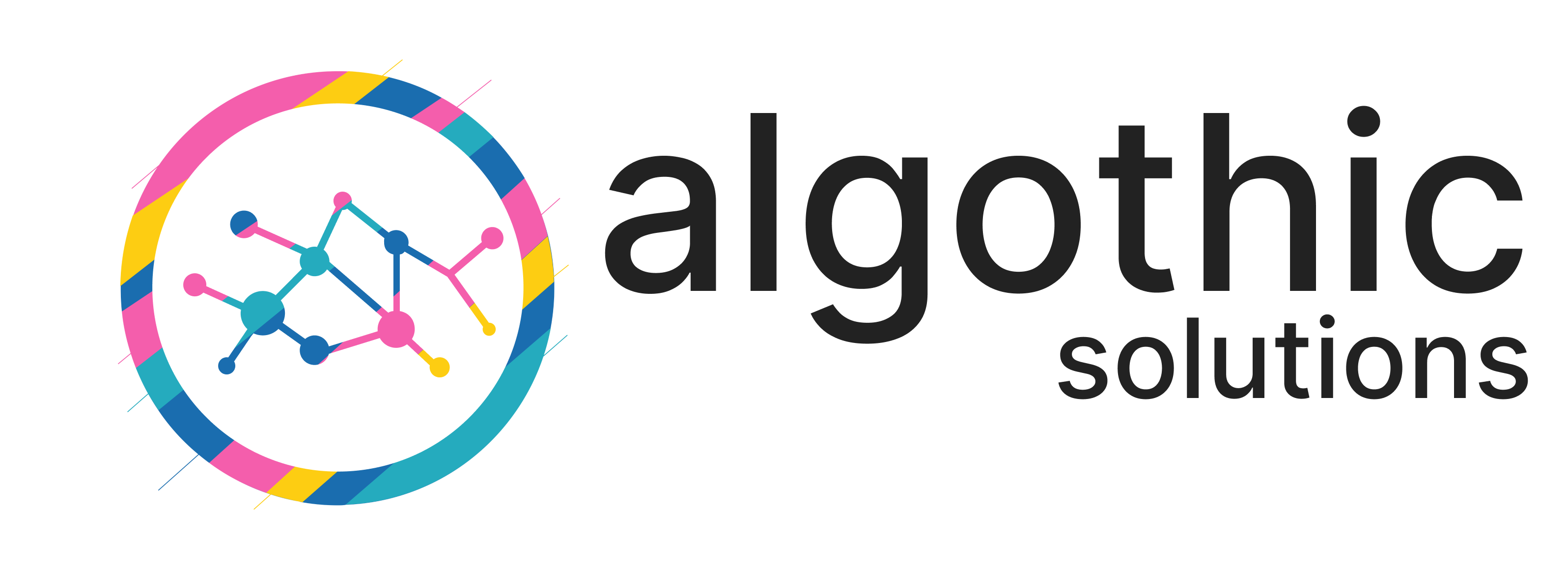Your business has outgrown its current systems, and you’ve decided that, rather than paying endless subscription fees for an off-the-shelf solution that almost meets your needs, you’re ready to invest in a custom software system perfectly tailored to your business objectives and growth trajectory.
You’re confident your decision is the right one. There’s just one question: where to start?
In this article, we’ll outline the two first steps that, though daunting, will get your custom software project started on the right foot and exponentially increase your chances for success.
First, Select the Right Vendor
In order to create custom software that will benefit your business, you’ll need to enlist the help of a reliable software development company. It may seem like a simple objective, but choosing the right vendor isn’t always easy. There are countless third-party software developers jockeying for your business, and you’ll have to sift through them to find a partner who is a perfect fit for your business.
Start by deciding whether you want to hire a company that’s offshore, onshore, or nearshore. And once you’ve done that, it’s time to start vetting the candidates. You’ll need to ask several good candidates for estimates — and then pore over those estimates carefully for red flags. But estimates aside, you’ll want to find a developer who is not just a vendor but a partner. You’re looking for a team that is willing to get to know your business inside and out — its processes, its strengths, and its weak spots — and work with you to develop the perfect solution for your goals.
Learn more about the vendor selection process here.
Once you’ve selected your vendor, you may think it’s time to start developing. But wait. There’s one important step that should come before anyone writes a single line of code.
Dedicate Time to the Discovery Phase
The first step of the project — and one you’ll undertake in tandem with your software development team — is discovery. The discovery phase is the process by which your team and your developers identify, outline, and tailor the specifics of the software project in relation to your business goals. In other words, this is the point at which you solidify your vision for the end goal and create a road map for getting there. The process may look different with different software developers, but the basics should be the same no matter who you’re working with. Here’s a rundown:
The "product owner," someone from the business’s team, will be involved from start to finish, providing insight into the business processes and needs underpinning the new application. On the software vendor’s side, the discovery team will include specialists in software requirements specification (SRS), software architecture documents (SAD), vision and scope, use cases, and UI/UX interfaces. These are the people that take your company’s vision and make a pathway to reality.
The deliverables or results of the discovery phase may also vary from vendor to vendor, but the ultimate goal is universal: to gather and organize enough information to estimate the cost of a project, develop a plan, and begin implementation.
While it may be tempting to jump right into development, the discovery phase and everyone involved are critical to chart an efficient course to your ultimate destination. As a comparison, consider building a house without a blueprint — it’s a recipe for disaster. Similarly, skipping over this critical first step in software development will likely lead to mismanaged work, unexpected costs, significant revisions, protracted timelines, unmet expectations, and, ultimately, a failed software development project.
Fortunately, if you’ve chosen a software development team worth its salt, they’ll understand just how critical discovery is, and they’ll work with you to invest sufficient time and energy to the process. And as a result, you’ll be ready to navigate the entire software development process with ease, from idea to deployment, and beyond.


